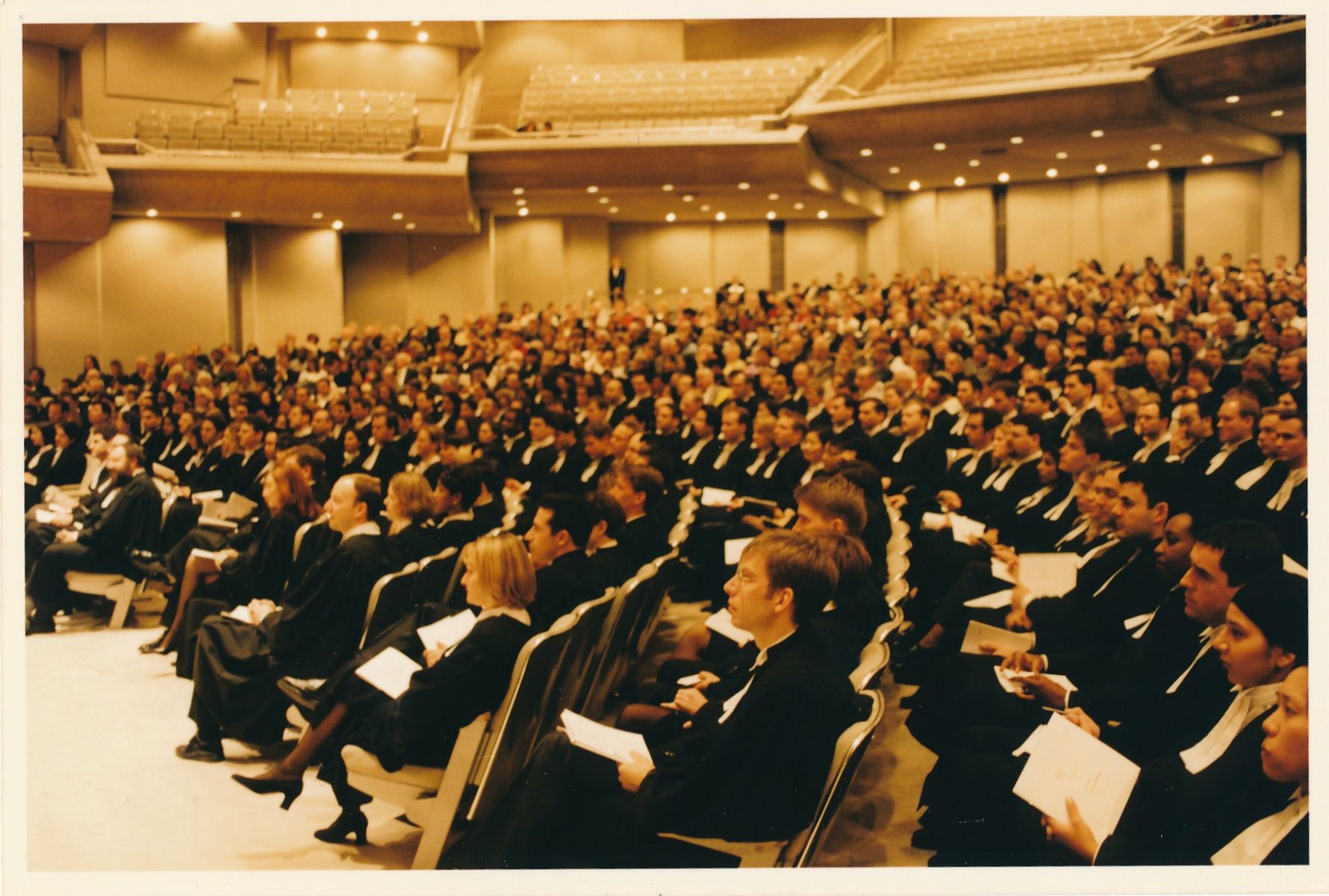4 ways to recognize employee contribution effectively

Sometimes a manager’s praise for an employee merely conducting work as usual is a bit nonsensical, and it happens more often than you think. Employee contribution is important, though.
For both parties, praise delivered by a manager at the wrong time can just seem downright awkward. Why? Because it is awkward to be verbally rewarded for something that’s already expected of you—and make no mistake, an employee knows even in your tone if your praise is shallow and robotic and not genuine.
Nevertheless, employee retention is highly important in the legal profession, particularly if a lot of training has to be undertaken before the employee is functioning at top capacity.
Remuneration is one obvious way to reward an employee’s exceptional attitude and contribution to workplace tasks, but it surely isn’t the only one.
Recognition of an employee—a true, honest recognition—is key employee retention for a reason. This is because human beings are motivated by a whole swath of different factors, and a real leader in the workplace knows how to use these motivators to please their colleagues.
Here are a number of key methods of employee recognition in the legal workplace which can help with retention:
1) Contextual – One large workplace goal is often broken up into a host of other tasks necessary to complete the shared goal of the firm. Affirming an employee’s value and contribution out of the blue, just for the sake of seeming like a good boss, is a poor way to do it. Instead, an employee who lands a bigshot client or speedily deals with an unexpected obstacle is deserving of praise at the correct time. This shows you noticed that the employee put in extra effort because it was necessary to the larger goal of the firm.
2) Genuine – This is a huge one. If you yourself are not truly genuine about the praise you deliver to your employees, why even open your mouth?
Micro expressions and intonation are huge cues for an employee. Indeed, many people will detect quite easily whether you mean it or not. When somebody hears robotic or inauthentic praise, it goes in one ear and out the other. So don’t bother if you don’t mean it. Save your praise for when it matters, and then it’ll mean something.
3) Timely– It’s very important that you affirm an employee’s exemplary work at the time it is conducted, or shortly thereafter. Acknowledgement can go a long way, but it should be spared for when it’s appropriate. Waiting too long to reward an employee might be an issue also, because the both of you might forget about it, or worse: the employee went the extra mile and felt unhappy their extra work was not recognized!
4) Appropriate magnitude – Constant or over-the-top praise over trifling tasks that are regularly expected of an employee can be quite silly, and the repetition of praise loses its effect. Having the kindness to reward praise to an employee getting the job done or going the extra mile to be meticulous is one thing, but saying it just because you feel it’s the right thing to do is a learned behaviour that diminishes real praise.
Bottom line: Promotions and pay raises can go a long way to retain an employee and increase motivation, particularly if it’s after an employee learns new skills and maintains exemplary work standards for themselves and others in the workplace. More often than not, these people are worth the money, and few things other than money will really affect retention in the long run.
However that may be the case, humans are motivated by more than just money. And the right praise, delivered at the right time, will be just the right thing an employee wants to hear. People like to be valued for the work they do, when they do it well.
Revolutionize matter management in the legal workplace with the use of legal accounting and practice management software.

